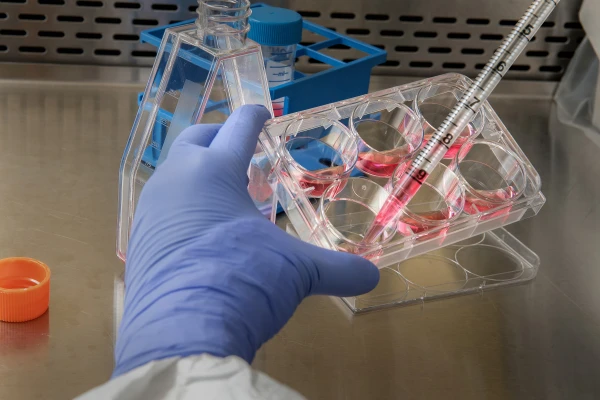
Blood: PF4 protein restores strength and youth to stem cells.
American researchers from the University of Illinois at Chicago have discovered a key mechanism of blood aging — the loss of a protein called platelet factor 4 (PF4). Its level decreases with age, causing bone marrow stem cells to function less effectively, which increases the risk of inflammation, blood cancer, and cardiovascular diseases. The results of the study were published in the journal Blood.
The scientists found that in young organisms, PF4 regulates the division of hematopoietic stem cells and prevents their excessive proliferation. With age, this control weakens — cells divide more frequently, accumulate mutations, and lose the ability to produce full-fledged lymphocytes, weakening the immune system.
When the researchers administered PF4 to old mice, their hematopoietic cells "rejuvenated" within a month — normal immune function was restored, and the blood structure resembled that of young individuals. A similar effect was observed in experiments with human cells.
According to the authors, PF4 will not become a "elixir of youth," but it can be used as part of a comprehensive rejuvenation therapy aimed at combating age-related blood and immune disorders.












